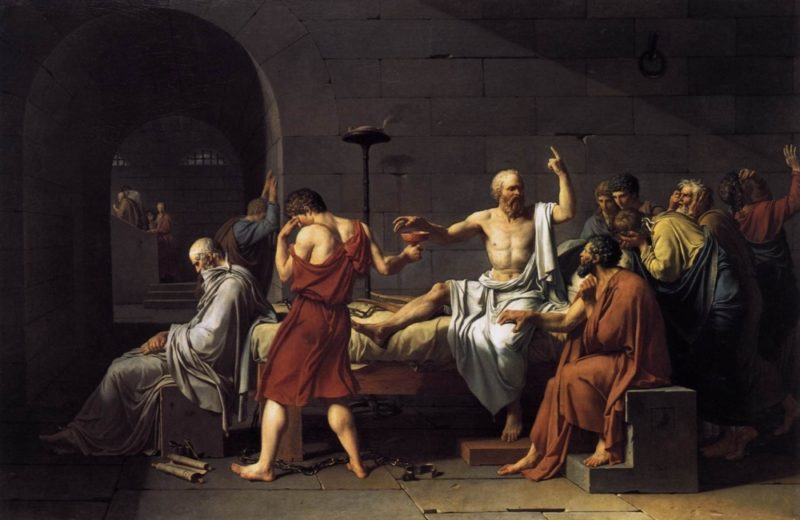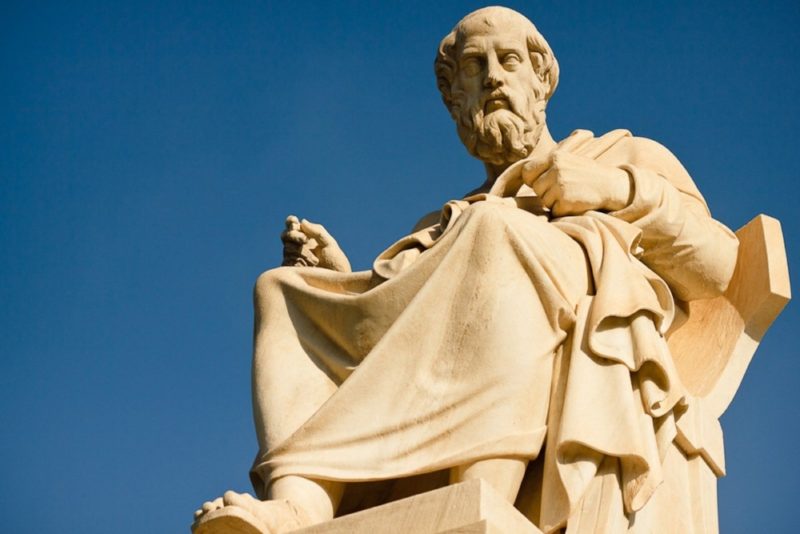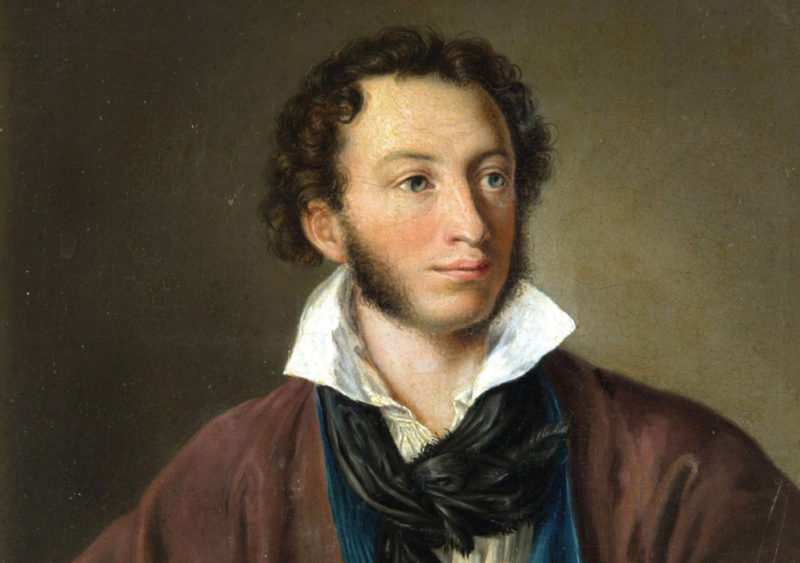In everyday life, the concept of a realist often has a positive meaning. This is a man who stands firmly on his feet, can stand up for himself and his loved ones. He does not pose extremely complex tasks that he cannot complete. In fact, everything is much more complicated, and even philosophers who coined the term “realism” cannot come to an unambiguous definition.
Material Content:
Who is a realist?
There is an interesting joke that explains in simple terms who such a realist is: “Looking at the dark tunnel, the optimist will see the light at the end of the tunnel, the pessimist will notice that the tunnel is long, and the realist will see the tunnel, the light and the train approaching.”
In the ordinary sense of the word, a realist is a person who perceives things as they really are. That is, his mechanisms of cognition of the surrounding reality are the most perfect, and the conclusions are close to the truth. A realist takes into account these conditions, his own and other people's capabilities and resources, knows how to make plans and achieve success.
In philosophical sense, the term realist means an adherent of the philosophy of realism. A realist in art strives for a truthful depiction of reality, is a supporter of the methods of realism. In psychology, this term describes an active person who is not used to living in a world of illusions and dreams. Realism in character can coexist with both optimism and pessimism.
The meaning of the term in philosophy
Realism implies that general realities have material being. Such an interpretation is characteristic of the Middle Ages. Philosophers of that time argued about the reality of universals (general concepts that unite many such individual objects).
There were opposing opinions:
- general concepts or ideas exist as a kind of structure preceding material embodiment, they are as real as the visible world;
- general concepts are just terms that describe a certain knowledge of the world, but it remains only words, and in reality individual entities have a more complex structure.
Realists argued that universals exist in reality, that is, that words are just as material as tangible and visible objects. They were opposed by nominalists who objected to the actual existence of detached concepts.
The term "realism", which is characteristic only of European philosophy, has no unambiguous definition. At different times, he designated the directions of philosophical thought, establishing the relationship of concepts to the real world, sometimes completely opposite.
Types of Realism
There is no single division into species in realism. It is possible to carry out classification in accordance with the field of use of the concept, lifetime, narrow specialization.
For example, the concept of realism is applicable to different areas of human existence:
- philosophy;
- science;
- literature
- psychology;
- politics, etc.
You can talk about such types of realism as philosophical, literary, psychological, political.
Based on the history of the development of realism from ancient times to the present day, several stages are distinguished:
- "Ancient Realism";
- "The Age of the Renaissance";
- the period of the XVIII – XIX centuries;
- "The Age of Realism" (the highest flowering) - the middle of the XIX century;
- "Neorealism."
In art and literature, in addition, educational, syncretic, critical, socialist realism is distinguished.
Scientific realism claims that objective truth exists. You can get closer to true knowledge thanks to scientific progress, but what is confirmed by a proven theory actually exists.
Depending on the problems studied, the following types of scientific realism are distinguished:
- epistemological - answers the question about the possibility of knowing the world;
- ontological - helps to understand the reality of individual entities;
- semantic - explores the question of the truth of the expression of reality using language.
Realism can also be ordinary, naive, critical. It can be concluded that a single classification does not exist. Each outstanding philosopher creates his own system. For example, from the point of view of twentieth-century English realism, all previous realisms can be called "idealisms," since they worked with a complex system of abstract concepts that were inaccessible to direct perception.
Interpretation in Psychology
Subjective perception plays an important role in a person’s behavior and his attitude to the world around him. The installation of consciousness, which in philosophy is described as naive realism, distorts the perception of reality, and can cause conflict with society.
According to the naive realist, really everything that he feels, sees, hears and understands. In ordinary life, such a position has a destructive effect on the process of cognition.
Naive realism has a theoretical foundation that rests on 5 principles:
- material objects do exist;
- sensory experience helps to establish the truth of the existence of these objects;
- material objects exist independently of perception;
- the qualities inherent in objects are constant and unchanging, even when there is no way to observe them;
- through the senses one can see the true nature of things.
In practice, a naive realist implements these principles in a specific behavior:
- He believes that he objectively evaluates facts. His judgments are unbiased and true.
- He expects other people to share his views with him, as they are the only true ones.
- If other people disagree with his point of view, he attributes this to lack of awareness, laziness, or bias.
An alternative to everyday consciousness with its pseudo-realistic beliefs is critical realism. In philosophy and psychology, this is a more sensible view of things when the perception of reality is interpreted due to the content of consciousness. That is, in order to understand another person, it is necessary to take into account the characteristics of his temperament, age, life experience, upbringing, level of development, etc.
Celebrity Realists
In Antiquity, the forerunner of all realists was Plato. His philosophical views and the doctrine of ideas served as a prototype for subsequent generations of philosophers.
In Medieval Europe, one of the founders of realism and its most striking representative was Anselm of Canterbury, a man of very complex and rich fate, a medieval theologian and philosopher. Based on the Holy Scripture, in particular, on the verse from the Gospel of John “In the beginning was the Word ...”, Anselm develops a theory according to which universals have real being.
Anselm's famous thesis is something like this: “Creating new words, we are changing the world. Changing old words, we are changing the world. ” This statement can be understood as a call for development through creativity. The philosopher Anselm of Canterbury argued that there are general concepts that have material being. And they model the reality of individual concepts. Another prominent representative of this philosophical trend was Thomas Aquinas.
Later, Hegel created a large system of realistic direction in philosophy, for which ideas were more material than tangible objects. He was opposed by Nietzsche's individualism, and Hegelianism over time lost its dominant influence on the minds of society.
The exponent of neorealism was the Englishman Herbart, who insisted on the possibility of direct knowledge of the objects of the world. His views were shared by many English philosophers of the first half of the twentieth century. Just as the realism of the Middle Ages was opposed by nominalism, anti-realism became an opponent of neorealism.
In literature, A.S. Pushkin is considered the founder of realism. Interestingly, in psychology and art, realism is a more understandable category than in philosophy or science. But this is a subjective opinion, which you can not agree with.

















